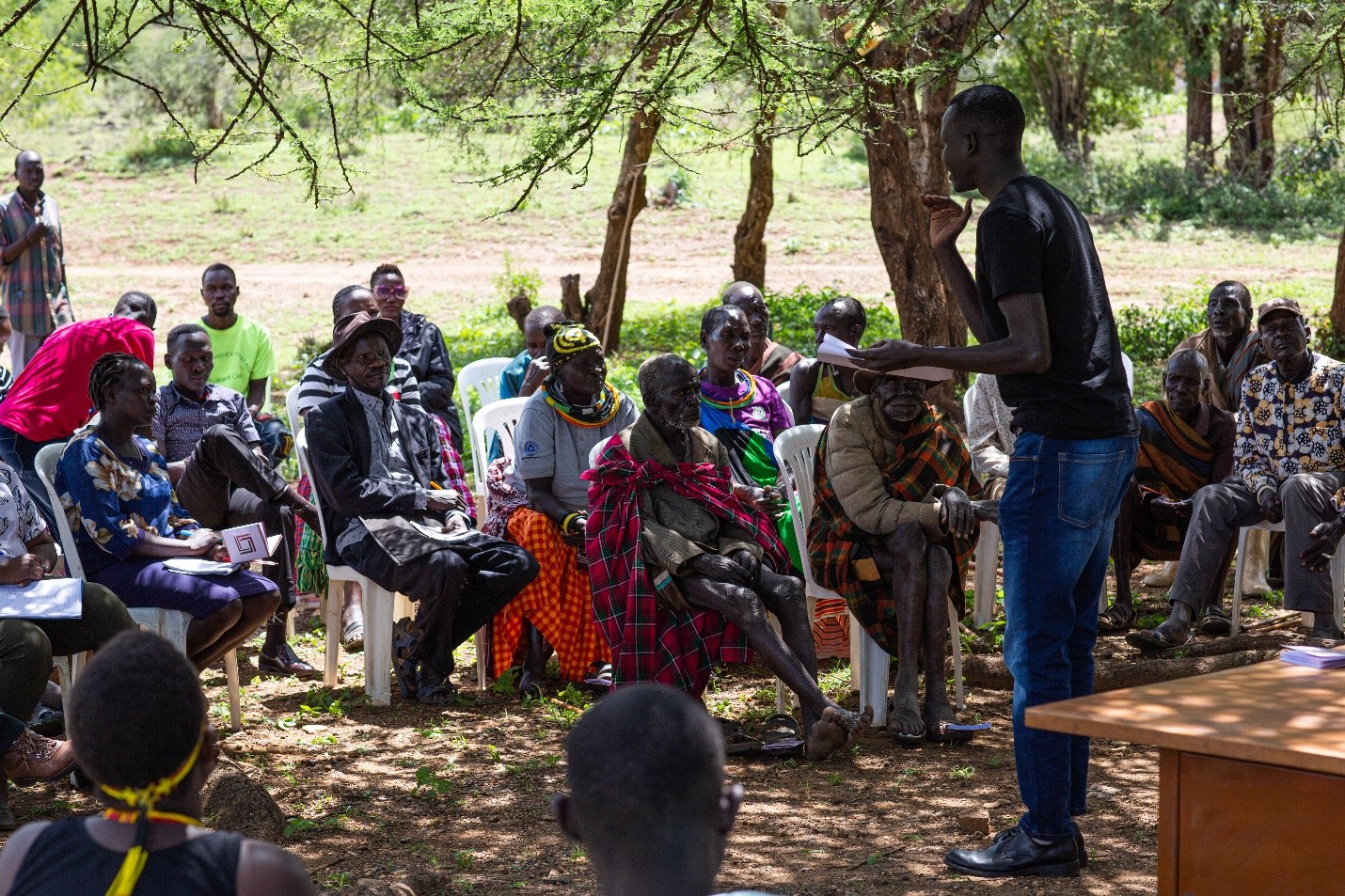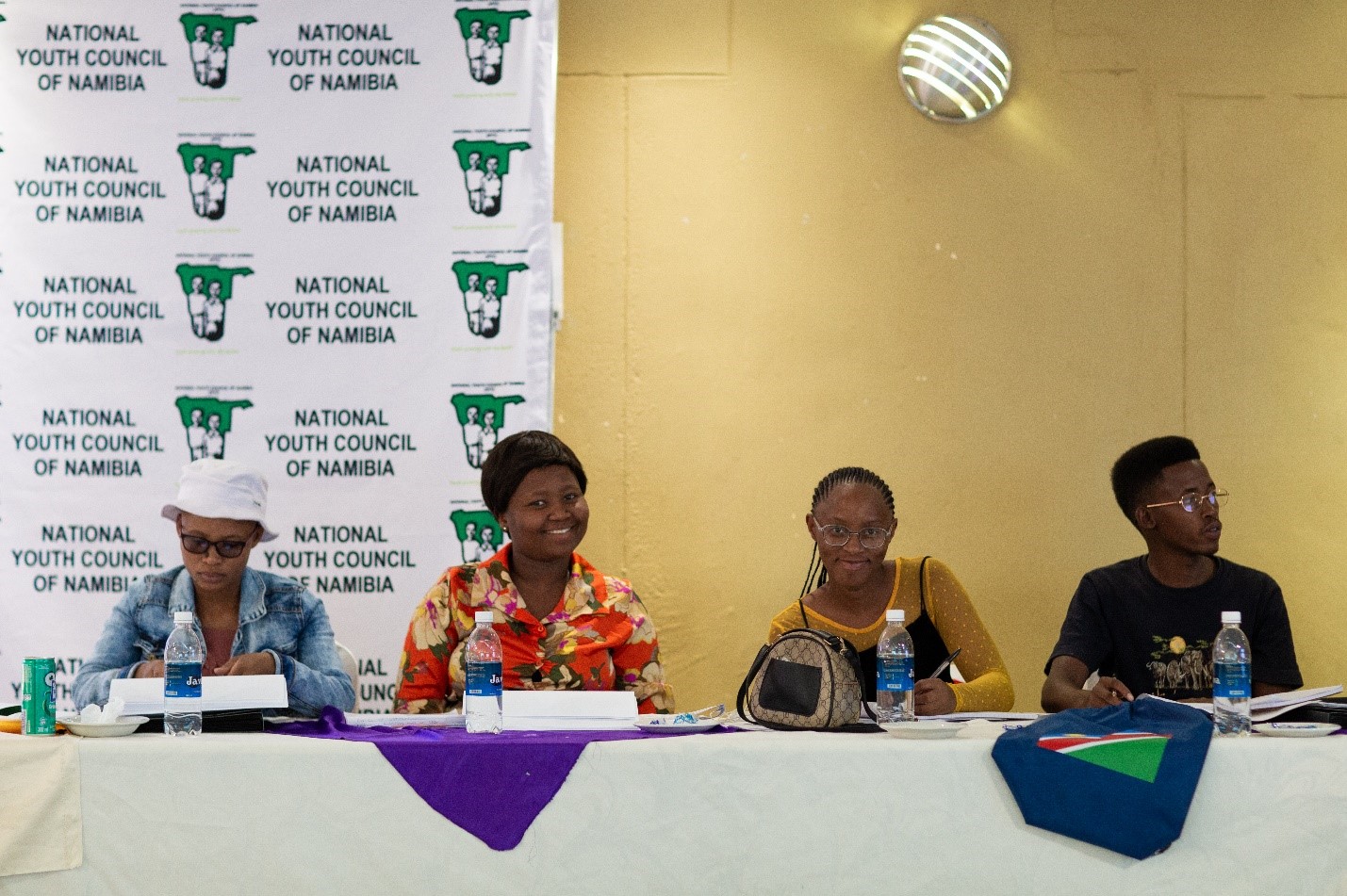In recent years, the Department of Economic and Social Affairs (UN DESA) has played a crucial role in enhancing inclusivity and sustainability for some of the most disadvantaged communities in Uganda and Namibia. Through the "Inclusive Development of Indigenous Peoples in Africa" project, UN DESA has been supporting in bolstering the capabilities of government officials to better recognize and address the needs of Indigenous Peoples and other marginalized groups.

This initiative prioritized the engagement of indigenous representatives, especially women and youth, at every project phase. By fostering collaboration between these representatives and government officials, the project facilitated a comprehensive assessment of the needs of Indigenous Peoples, leading to the identification and implementation of specific policy measures aimed at their inclusive and sustainable development.
Despite the varied recognition of indigenous peoples across Africa, certain communities face similar challenges, including marginalization, poverty, and limited access to services and markets. Distinguished by their unique languages, customs, histories, and predominantly traditional livelihoods such as hunting, gathering, and pastoralism, they include the Batwa, Benet, Ik, So, and Karamojong pastoralists in Uganda, as well as the San, Ovatjimba and Ovatue in Namibia.

A key focus of UN DESA's efforts was to facilitate dialogues between government representatives and Indigenous Peoples to collaboratively develop and review policies aimed at addressing the critical challenges these communities face. For example, in Uganda, UN DESA supported an in-depth analysis and consultation process regarding the endangered So language by bringing together government officials, linguistic experts and representatives of the So community to seek specific measures required to protect and revitalize the So language. This approach not only aids the So community but also offers a blueprint for preserving other endangered languages and cultures within the country.
Moreover, in Namibia, UN DESA collaborated with the Ministry of Youth and Sport and the Namibia UN Country Team to enhance the participation of marginalized youth in decision-making processes. This was achieved through comprehensive capacity-building workshops that addressed various critical issues identified by the youth and the Ministry, including administrative procedures, fundraising, and the creation of a national indigenous youth organization. This endeavor is expected to empower these young leaders significantly in the future.

Ultimately, the "Inclusive Development of Indigenous Peoples in Africa" project by UN DESA was not just about meeting its stated objectives of policy development and capacity building. It was also about enriching the understanding of government officials through direct, in-depth engagement with Indigenous Peoples, underscoring the invaluable insights and progress that can only be achieved through sustained collaboration and dialogue.